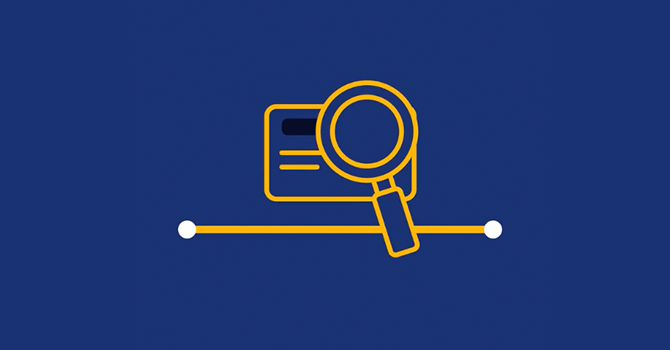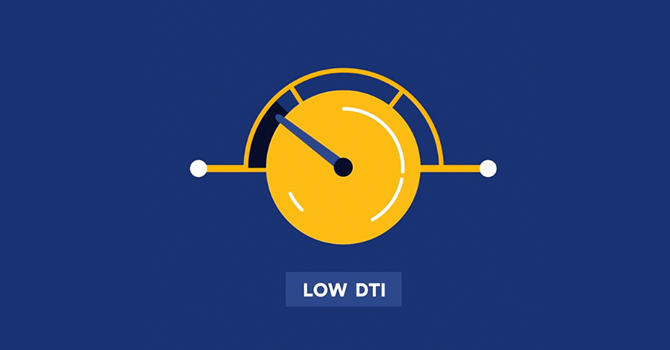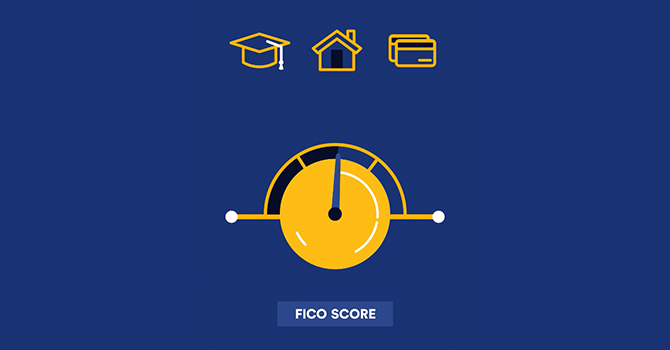A hard credit check happens when you apply for a new credit account—such as a mortgage, bank loan, or credit card. A soft credit check is a request to view your credit report, and is typically done for things like pre-approved credit offers, employment applications, or periodic account reviews by current creditors for things like credit limit increases.
When a lender requires a credit check, they’re trying to gauge an applicant’s risk as a potential borrower. Credit checks can be hard or soft.
A soft credit check is a request to view your credit report, and is typically done for things like pre-approved credit offers, employment applications, or periodic account reviews by current creditors for things like credit limit increases.
A hard credit check happens when you apply for a new credit account—such as a mortgage, bank loan, or credit card.
The key thing to remember is that a soft check won’t affect your credit score while a hard check could lower it slightly—since applications for new credit are part of how your credit score is calculated.
The good news is—for some credit products like mortgages and student or auto loans, multiple hard checks for the same product made within 14-45 days will typically have a minimal impact on your credit score. And the potential value of a new credit account could offset that impact to your score in the long run.



